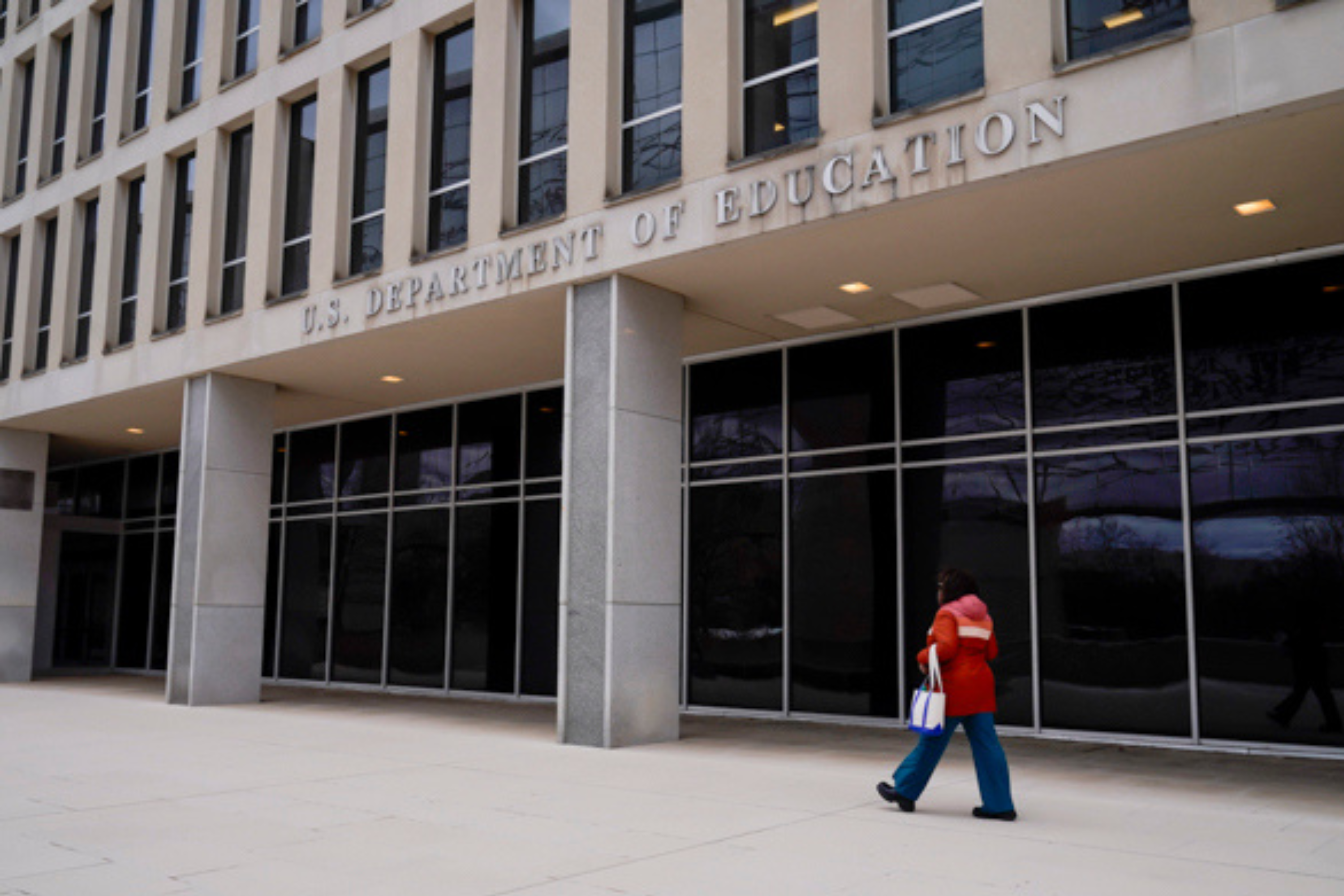Trump's Executive Order Aims to Restrict Public Service Loan Forgiveness Eligibility
President Trump signs an executive order limiting loan forgiveness for nonprofit workers linked to activities deemed 'improper' or 'anti-American'.
Overview
President Trump has signed an executive order modifying the Public Service Loan Forgiveness (PSLF) program, targeting organizations engaged in activities linked to illegal immigration and other deemed 'anti-American' pursuits. The order directs the Education Department to revise eligibility criteria for loan forgiveness, affecting millions of government and nonprofit workers. Critics warn it poses a violation of First Amendment rights and expect legal challenges. Under previous administrations, the PSLF eligibility rules had been expanded, highlighting ongoing partisan divides over student debt relief initiatives.
Report issue

Read both sides in 5 minutes each day
Analysis
- President Trump signed an executive order to limit eligibility for the Public Service Loan Forgiveness (PSLF) program, citing concerns over nonprofit organizations involved in activities deemed 'anti-American' or illegal.
- This executive order could have significant implications for over 2 million borrowers who rely on the PSLF program, which previously provided student loan forgiveness to public service workers after ten years of qualifying payments.
- Advocates and critics express concern that these changes raise constitutional issues regarding First Amendment protections and could result in legal challenges, signaling a broader conflict over the direction of education policy.
Articles (3)
Center (2)
FAQ
The executive order targets activities linked to illegal immigration, foreign terrorist groups, child abuse, discrimination, and public disruptions, which are deemed 'anti-American' or 'improper'.
History
- This story does not have any previous versions.

